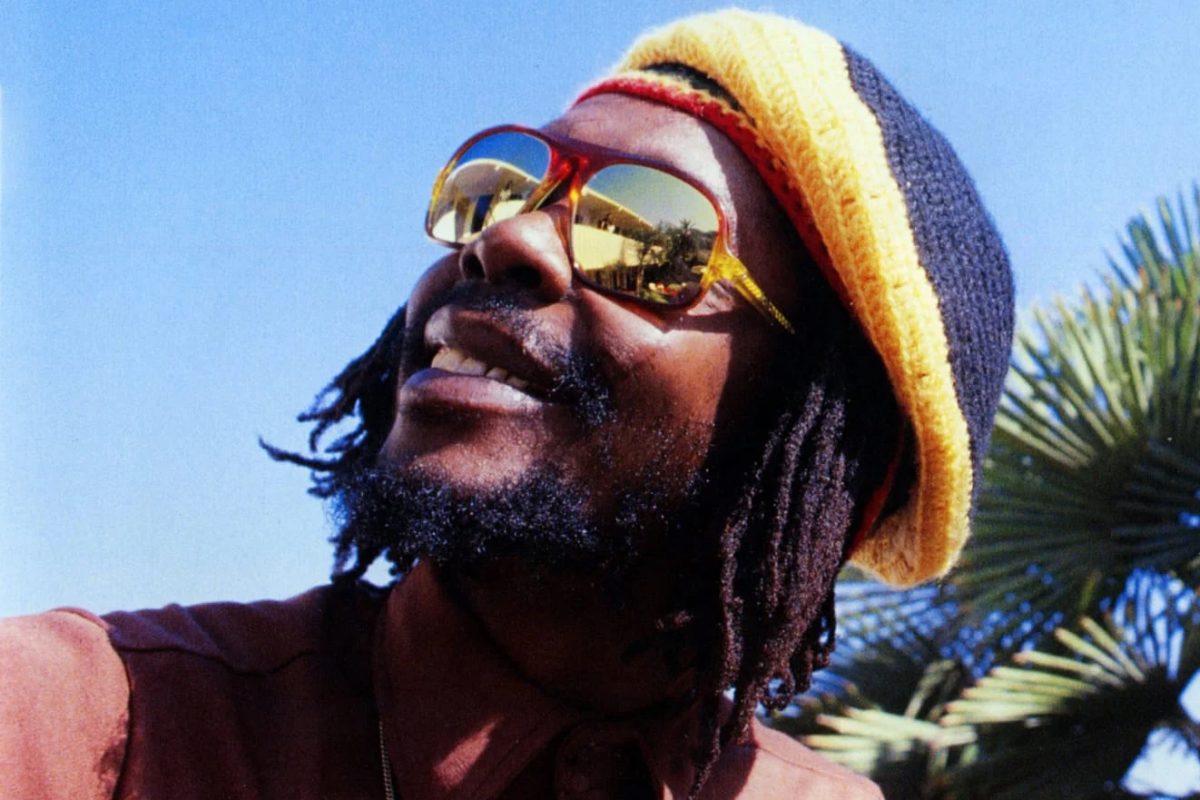Peter Tosh Among “Eminent Foreign Nationals” To Be Awarded For Anti-Apartheid Support In South Africa

Peter Tosh’s daughter Niambe, is in a celebratory mode following the announcement that the late Reggae icon is listed among the “eminent foreign nationals” who will be awarded the South African Government’s Order of the Companions of OR Tambo in Silver, at the 2023 National Order Awards on April 28.
The announcement of the award, which recognises distinguished foreign nationals “for friendship shown to South Africa”, will be bestowed posthumously on the Apartheid singer, at an investiture ceremony, supposedly in Cape Town.
The accolade, which is further described as an Order of peace, cooperation and active expression of solidarity and support, will be collected by Niambe and Peter Tosh’s granddaughter Akayda, at the event, which is set for April 28, according to a post on the late Reggae icon’s Instagram page.
In a press statement from Director-General of The Presidency, Phindile Baleni announcing the 2023 National Order Awards nominees, which was shared on the official South African Presidential website, it noted that the Order will be bestowed posthumously on Tosh “for his contribution to the liberation struggle using his musical talent to advance the liberation cause worldwide through incisive and awareness-raising lyrics in his music”.
A pleased Niambe shared a video clip of images of Tosh with his 1977 song Apartheid playing in the background, on Friday night, which she simply captioned: “Mama Africa!”
Apartheid was a brutally racist system of government in then white-ruled South Africa, which was characterized by systemic segregation and discrimination on grounds of race.
In the heydays of that oppressive system, which cruelly dictated the movements of black families and individuals, the revolutionary music of artistes like Peter Tosh, Bunny Wailer and Bob Marley, were banned and if any black person was caught with one of their cassettes, they could face imprisonment.
Back then, Peter had slapped the colonial rulers with Apartheid and Equal Rights, from his Equal Rights album, Fight On in 1979, and Not Gonna Give It Up in 1983, songs with lyrics that were aimed directly to the liberation movements in the southern parts of Africa.
Bunny Wailer had later taken aim at then President Pieter Willem Botha with Botha The Mosquito in 1986 for “spreading the disease of apartheid from the swamps of colonialism,” while Marley spoke out with Zimbabwe in 1979.
At that time, Jamaica itself, was also the first country in the western hemisphere, and the second in the world, after India, to ban trade and travel with South Africa. This was even as successive administrations in the United States quietly supported the Apartheid regime as a stalwart ally against the spread of communism, as noted by the US Department of State archives.
The Order of the Companions of OR Tambo will also be bestowed on American singer Tracy Chapman for “her contribution to the fight for freedom by participating in efforts to free Nelson Mandela and raising awareness of human rights violations globally”.
New Zealand anti-apartheid activist and educator Thomas Oliver Newnham also posthumously for “his relentless fight against the oppressive apartheid laws” and for “shaming apartheid South Africa, and stopping rugby tours between South Africa and New Zealand”.
Christabel Gurney of the United Kingdom and German poet Ruth Weiss, are the other awardees.
The late Oliver Reginald (OR) Tambo is lauded as having played a central role in the freedom struggle against apartheid, by dedicating his life to trampling the racist system.
University of the West Indies lecturer in the Department of Government, Dr. Louis Moyston, in a 2020 essay on Peter Tosh, pointed out that the Westmorelite, in a peace concert at the National Stadium Tosh in 1978 had declared that that year he would be celebrating the anti-apartheid fight.
He said Tosh’s music had captured the essence of the African liberation struggles and the lyrics caught the imagination of the liberation fighters in those areas where his music made significant contribution to the struggles.
“Tosh made the right kind of music, that which was then and still is today a powerful instrument of education and resistance,” the UWI lecturer had noted.
Dr. Moyston said in addition to South Africa, Tosh’s music played an important cultural role among guerillas fighting in Zimbabwe during the 1970s, and that as an observer to the transitional election in the early 1980s, in that country, he had “witnessed guerillas dancing their traditional dances to Peter Tosh’s Equal Rights and Justice album” at a victory party organised by members of the Zimbabwe National African Union (ZANU).
“It was explained that their endurance in the “bush fighting” was buoyed by this kind of music,” Dr. Moyston said, adding that another observer from St Vincent had visited South Africa in 1992 in the transition to the black majority Government, where he observed members of the African National Congress army singing and dancing to Tosh’s Recruiting Soldiers for Jah Army.
The name “Apartheid” was “the Afrikaans name given by the white-ruled South Africa’s Nationalist Party in 1948 to their harsh, institutionalized/legal system of racial segregation” under which all legal and non-violent means of political protest by non-whites were also outlawed.
Under Apartheid, the African National Congress (ANC) and the Pan Africanist Congress (PAC), were outlawed in 1960. Many of their leaders were imprisoned, the most prominent of which was Nelson Mandela, who had become a symbol of the anti-Apartheid struggle. Mandela later became President of South Africa, when Apartheid ended in the early 1990s and his democratic government was elected in 1994.
